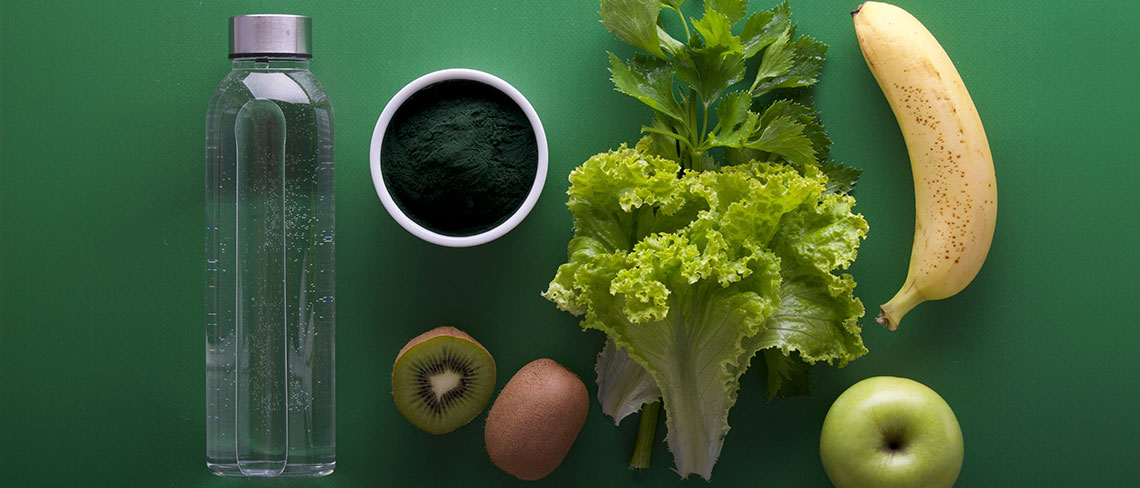
TEMPUR® sleep specialist & sleep counsellor shares guide to relationship between gut health and sleep ahead of World Digestive Health Day on 29 May.
It’s widely known that factors such as stress, alcohol or an uncomfortable mattress can negatively impact our sleep, but how often do we stop to think about how our gut health might affect our slumber?
Ahead of World Digestive Health Day on Wednesday 29 May, TEMPUR® sleep specialist & sleep counsellor, Thomas Høegh Reisenhus, provides insights into the all-important relationship between gut health, the brain and sleep.
Thomas says: “Whilst gut health has become something of a buzzword in recent years, its importance should not be underestimated.
“The human body is home to trillions of microbes, with the majority living in the digestive system making up the gut microbiome. Unique to each individual, the gut microbiota has the ability to actively shape our wellbeing, including how well we sleep.
“And the relationship goes both ways – sleep can impact our gut health too.
“Whilst research into the relationship between gut health and sleep is still ongoing, what’s clear is that good gut health can be the difference between a good night’s sleep and a bad one.”
Read on for Thomas’s guide to gut health and sleep…
What is the microbiome and how is it connected to our brain
The microbiome – unique to each individual – refers to the trillions of bacteria and other microscopic organisms that live in our gut. It consists of both ‘good’ and ‘bad’ microbes, with the range and diversity linked to how well you sleep. In essence, by changing your microbiome – and increasing diversity and amount of beneficial types of bacteria – through the food you eat, you can ultimately improve sleep quality and quantity.
Similarly, poor sleep can impact digestive health. A lack of sleep can influence the types of foods we choose to eat. When we’re sleep deprived, for example, our brain’s hunger signals are altered and we crave higher calorie foods, which not only affect our gut health but in the long term, can also increase the risk of obesity, type 2 diabetes and gastrointestinal diseases.
How to keep your gut healthy for better sleep
To support a healthy and diverse gut microbiome, the best place to start is by looking at nutrition. A diet rich in prebiotics – found in vegetables – and probiotics – good sources of which include yoghurt, sourdough and fermented foods like sauerkraut and kimchi, is ideal.
Likewise, simple switches such as incorporating more wholefoods, plant-based foods and reducing your intake of refined sugars and UPFs (ultra-processed foods) can also be highly beneficial. Hydration is also key – 1-2 litres is recommended per day, though if you are particularly active, it’s worth aiming for more.
It’s not just what we put into our body that is important, however. Managing stress and ensuring a healthy, active lifestyle also goes a long way to supporting gut health. In fact, stress, worrying and anxiety are all common causes of gastrointestinal symptoms, which in turn, can impact sleep. Gentle exercise, spending time in nature, meditation and enjoying a hobby are all great ways to reduce stress and promote feelings of calm for a quieter mind and a healthy gut.
How to improve sleep hygiene for better gut health
The best way to ensure quality and quantity of sleep – and therefore support better gut health – is by focusing on sleep hygiene. Sleep hygiene refers to the healthy habits, behaviours and environmental factors that contribute to a good night’s sleep.
A consistent bedtime and wake time is a key component of good sleep hygiene, and one that many people struggle to get right. Ideally, you should aim to go to sleep and wake up at the same time every day, even at the weekend. This helps regulate your internal sleep-wake cycle, ensuring that you’re better able to fall asleep and stay asleep until morning.
Sleep environment is also an important consideration. Your bedroom should be cave-like – cool, dark and quiet. The optimum temperature is around 18 degrees Celsius but if you find this too cool, try wearing some bed socks, which will better help you regulate your temperature, or layer blankets (which can easily be removed in the night, should you get too warm).
As with gut health, stress management and a healthy approach to exercise can also support sleep. Whilst any exercise is better than none, try to avoid high intensity workouts in the evening as it will leave you feeling wired before bed. Instead opt for a walk, yoga or even gentle stretching to help you wind down and relax before bed.
For more information on TEMPUR® visit www.tempur.co.uk.
-Ends-
Notes to editors:
- Please contact us should you be interested in receiving TEMPUR® product for review or for competition prizes
For further press information:
Tilly Everard | Elsa Findlay | Julie Aguilera
Rooster.
T: +44 (0)203 440 8930
E: [email protected]
About TEMPUR®
TEMPUR® researches, develops, manufactures and distributes mattresses, pillows and other sleep products to improve the sleep experience worldwide.
TEMPUR® Material is the original pressure relieving mattress product made up of viscoelastic – billions of ultra-sensitive open cells that exist between a solid and a liquid state. TEMPUR® products provide the ultimate comfort and support, helping you to get a great night’s sleep night after night.
Each TEMPUR® product undergoes sixty-seven different quality checks, ensuring superior quality and durability.
TEMPUR® products can be purchased direct via the TEMPUR® UK website, Dreams, John Lewis, Bensons for Beds, and Furniture Village or from leading independent retailers or from any of 10 TEMPUR® brand and outlets stores.
TEMPUR® is a subsidiary of TEMPUR® Sealy International Inc. www.tempur.co.uk
Follow TEMPUR® on X, Facebook, Instagram and YouTube.






